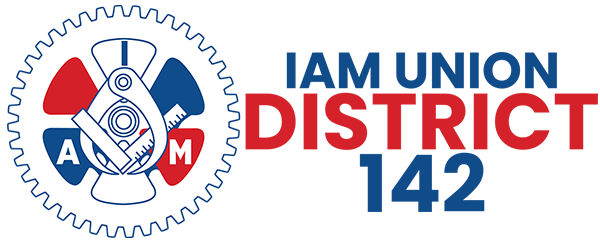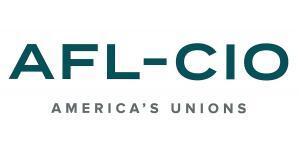

Dear Chairman Thune and Ranking Member Nelson:
As Congress considers an FAA Reauthorization bill and engages in other aviation safety issues, we urge you to take steps to ensure the safety and security of foreign repair stations working on U.S. commercial aircraft. IAM and TWU, the largest aviation unions in the United States, have a vested interest in the integrity of aircraft maintenance work and ensuring that our vast aviation sector remains safe and secure.
Since the FAA first changed its rules in 1988 expanding when a foreign repair station could be certified to work on a U.S. aircraft, we have urged lawmakers and regulators to ensure that work done overseas is held to the same safety rules and inspection requirements that cover work done in this country. While we have made some progress in this campaign over the years, too many loopholes remain and in some cases changes supported by our organizations and mandated by Congress have not been implemented. It is time for Congress to fix this problem.
In the FAA Modernization and Reform Act of 2012, Congress directed the FAA to issue a proposed rule within one year to ensure that employees at foreign repair stations responsible for safety-sensitive maintenance functions on U.S. commercial aircraft are subject to an alcohol and controlled substance testing program. While the FAA has issued an Advanced Notice of Rulemaking in March 2014, the agency has not moved to a proposed rule, never mind final regulations, and to date the requirement that employees at foreign stations follow drug and alcohol testing rules is being ignored.
Under current regulations, aircraft mechanics working in the U.S. are subject to various drug and alcohol screening to ensure their ability to perform safety-sensitive repairs. Yet employees working at repair stations located abroad are exempt from this requirement despite the fact that they work on the same U.S. aircraft and at repair stations certified by the FAA. We have long argued that the simple location of a repair station should not jeopardize the quality and safety of the work being performed.
It is clear that Congress will need to ensure that the drug and alcohol testing mandate for foreign repair stations is implemented as quickly as possible. We note that your current FAA bill requires the FAA to issue a proposed rule within 90 days and a final rule within one year. While we appreciate the focus on this issue, given that the FAA is already over three years late in its proposed rule, inserting another deadline would not appear to be an effective strategy in getting the agency to act. Instead, we suggest adding language to your bill that would prohibit the FAA from certifying additional foreign aircraft repair stations until a rule on drug and alcohol testing is issued. If the FAA cannot promulgate a basic safety rule, Congress should not allow additional unregulated stations to be certified and to work on U.S. aircraft. Congress used this exact prohibition on certifying additional repair stations to incentivize the Transportation Security Administration to issue security rules for aircraft repair stations that were several years past due. Using this approach for the drug and alcohol testing rule would be appropriate and likely effective.
We appreciate language in your bill that would require employees at foreign repair stations who perform safety-sensitive functions on U.S. aircraft to undergo pre-employment background checks to determine if they pose a threat to aviation safety. We are concerned with limitations on this mandate, including a requirement that the background checks be “consistent with the applicable laws in which the repair station is located.” We have long argued that a country’s domestic laws should not be used as a shield to prevent the application of safety and security rules on aircraft repair stations. The FAA certification system should ensure parity in oversight of all aircraft repair stations, regardless of their location. The same reasonable safety and security rules should apply to any station that works on U.S. aircraft, whether here or abroad.
We look forward to working with you and other members of the Senate on these and other measures to enhance the safety, security and oversight of foreign repair stations working on U.S. aircraft.
Sincerely,


Harry Lombardo Sito Pantoja
International President General Vice President, Transportation
Transport Workers Union International Association of Machinists and Aerospace Workers
cc: Senator Kelly Ayotte
Senator Maria Cantwell
Please Post On All IAM Bulletin Boards

